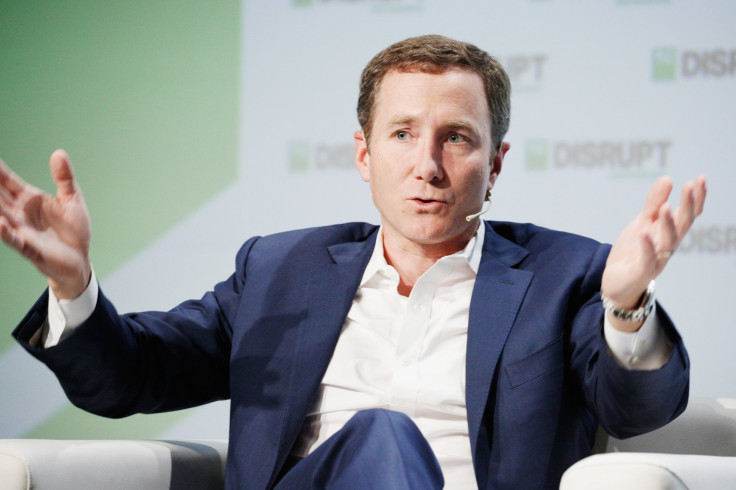Peloton CEO: ‘We Have Identified A Leaker’ Amid Speculative Articles About Company’s Future
A CNBC article claimed Peloton would pause the production of its stationary bikes, but the Co-Founder and CEO of Peloton John Foley wrote a note first shared with Peloton employees on Thursday clarifying that the news is false.
“Rumors that we are halting all production of bikes and Treads are false,” the CEO wrote.
CNBC cited internal documents they received as sources for the article. Though the company said it cannot reveal much to clarify the news during a pre-earnings report “quiet period,” it should make the earnings public by Feb. 8 after the close of the market.
Foley acknowledged as well that the company has “identified a leaker” who they will pursue legal action against. He also shared that the information leaked to media outlets “is incomplete, out of context, and not reflective of Peloton’s strategy.”

Foley also let employees know about potential upcoming layoffs that the fitness company said would be “the absolute last lever [it] would ever hope to pull,” but that the structure and size of Peloton need to be reexamined.
Peloton reached its highest number of daily workouts which amounted to over 2.9 million and during the past quarter their churn rate was .79%.
“I want to acknowledge that this does not answer all of the questions . . . I know there is a lot of noise and anxiety in our environment right now, which is why I wanted to take this moment to provide some additional context for you all,” Foley wrote.
The at-home fitness company’s business took a hit as the economy and businesses reopened and people returned to gyms while restrictions on movement and the occupation of public spaces were eliminated. A confidential presentation revealed in the CNBC report noted that Pelton had faced a “significant reduction” in demand for fitness products.
In the report, Foley allegedly acknowledged an overestimation on the company’s part of consumer demand and the desire to return to in-person gyms.
© Copyright IBTimes 2024. All rights reserved.












